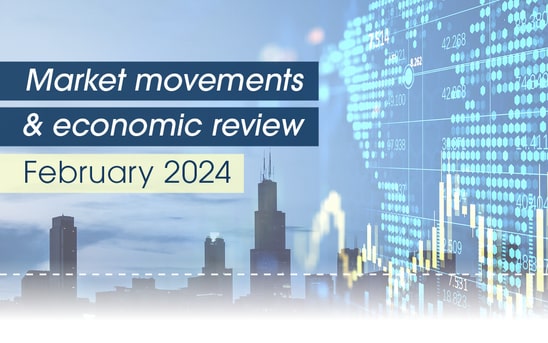Stay up to date with what’s happened in markets and the Australian economy over the past month.
Cooling inflation and a strong economy with relatively low unemployment has sent investors back to Australian shares towards the end of January.
The lower than anticipated inflation figures fuelled optimism at the end of the month, for the possibility of earlier cuts in domestic interest rates.
Click here for our February update video.
Please get in touch on 03 9723 0522 if you’d like assistance with your personal financial situation.
Suite 2, 1 Railway Crescent
Croydon, Victoria 3136
Email: integrityone@iplan.com.au
Telephone : 03 9723 0522





